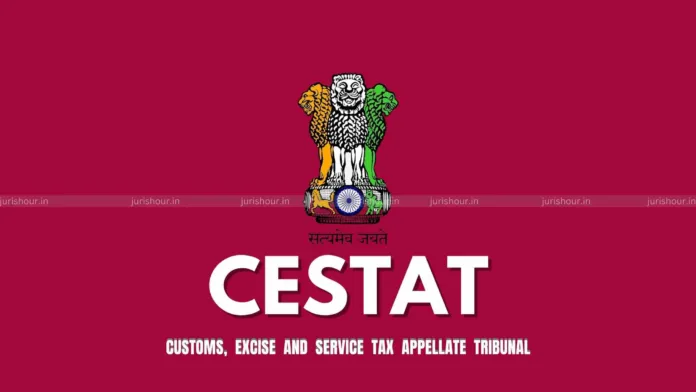The Delhi Bench of Customs, Excise and Service Tax Appellate Tribunal (CESTAT) selling goods at higher Maximum Retail Price (MRP) does not establish intention to evade service tax.
The bench of Dr. Rachna Gupta (Judicial Member) and Hemambika R. Priya (Technical Member) has observed that the respondent-assessee is an individual, who cannot be faulted if she thought that she was only a dealer; a difference between the purchase price and the sale price or MRP is available to her and therefore, it cannot be that there was an intention to evade service tax. The issue arose only because Amway called such an amount as ‘commission’ whereas the appellant simply sold the goods to the person who asked for a product at a particular MRP.
The appellant is an individual lady, engaged in marketing and sale of consumer products of AMWAY in the capacity of an authorized distributor. The appellant received income from AMWAY under three distinct heads viz., Personal Performance Commission (PPC); Sales Commission and Leadership Development Commission. Based on scrutiny of third party data viz., Form 26AS, the department observed that the appellant was engaged in providing taxable services in the category of “Business Auxiliary Service” and allied services, without obtaining requisite registration and without payment of service tax.
On completion of investigations, Show Cause Notice was issued to the appellant proposing recovery of service tax amounting to Rs. 4,85,669/- on the commission received from Amway during the period FY 2011-12 to FY 2015-16, in terms of proviso to Section 73(1) of the Finance Act, 1994 along with interest and proposing penalty.
The demand was confirmed, extending the cum tax value benefit claimed by the appellant and ordering for its recovery along with interest under Section 75. Rs. 1,08,353/- which had already been deposited by the appellant was appropriated.
A penalty equal to the amount of Service Tax was also imposed under Section 78 of the Finance Act, 1994. In addition, penalties were also imposed under Section 77(1)(a) and 77 (2) of the Finance Act, 1994 respectively.
The appellant preferred an appeal before the Commissioner (Appeals) who in turn, disposed of the appeal denying relief.
The court upheld the demand for commission for the normal period, if any. The demand for the extended period is set aside along with penalties imposed on the appellant.
Case Details
Case Title: Harvinder Kaur Malhotra Versus Commissioner of Central GST & Central Excise, Jodhpur
Case No.: Service Tax Appeal No. 50731 Of 2019
Date: 25.04.2025
Counsel For Petitioner: Ajay K. Mishra
Counsel For Respondent: Rajeev Kapoor

